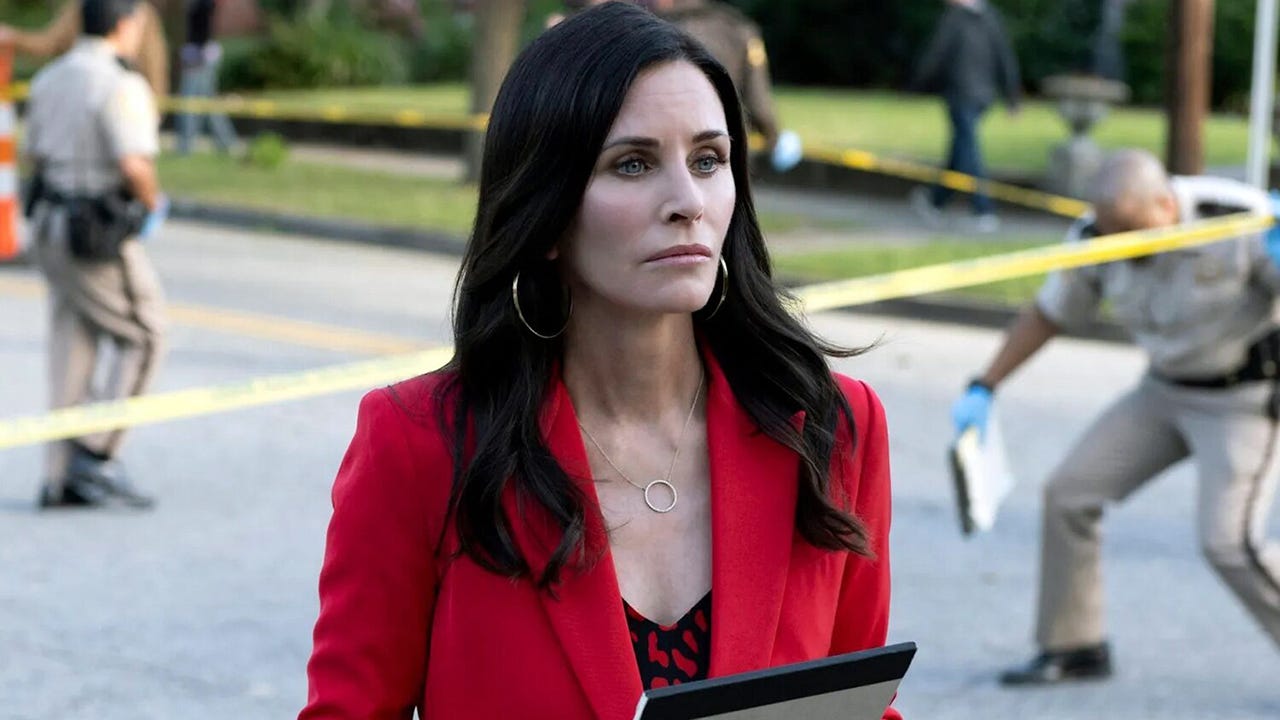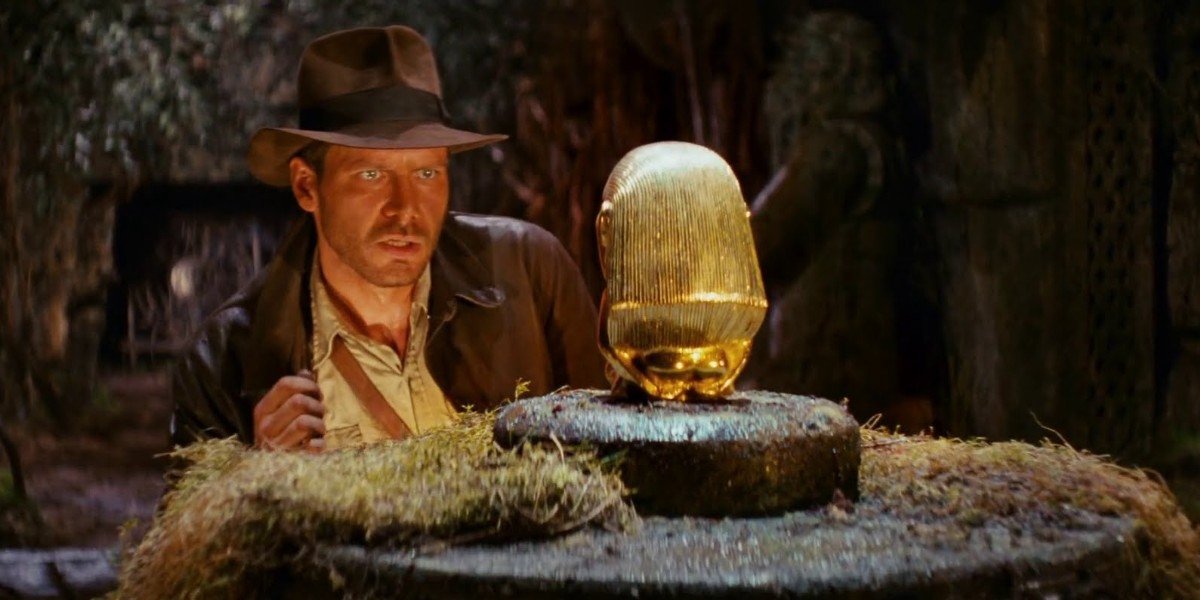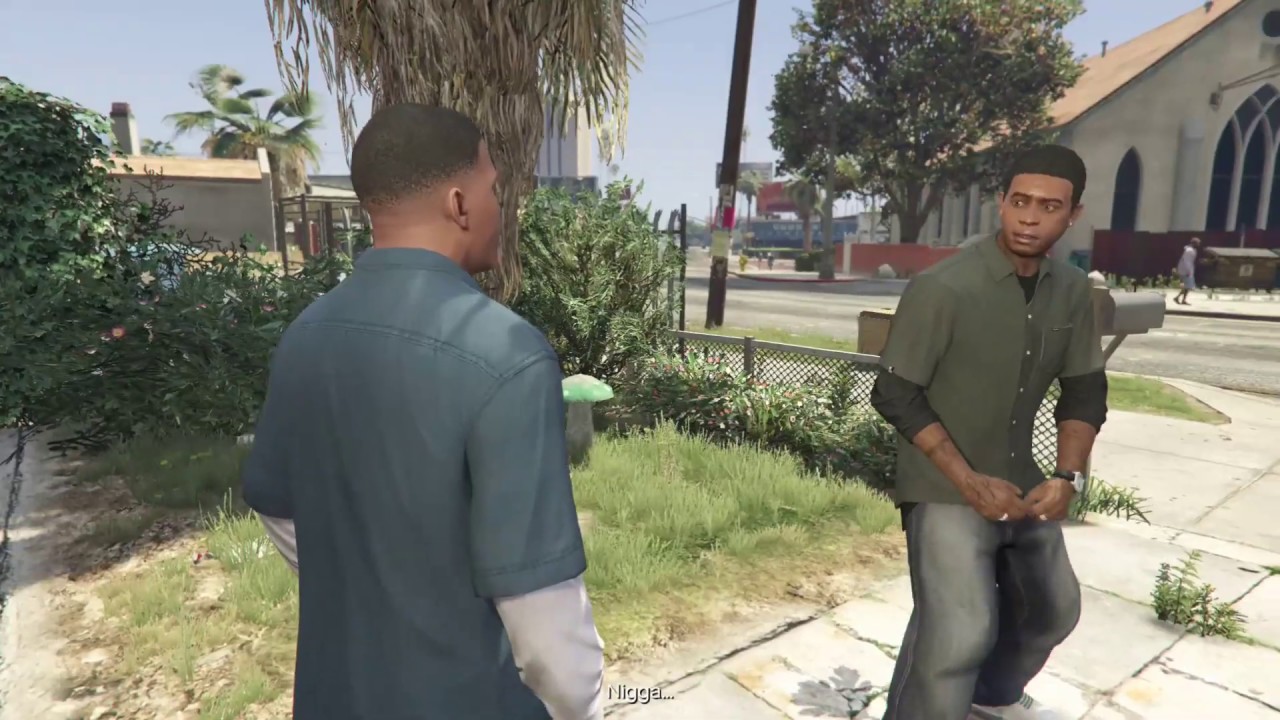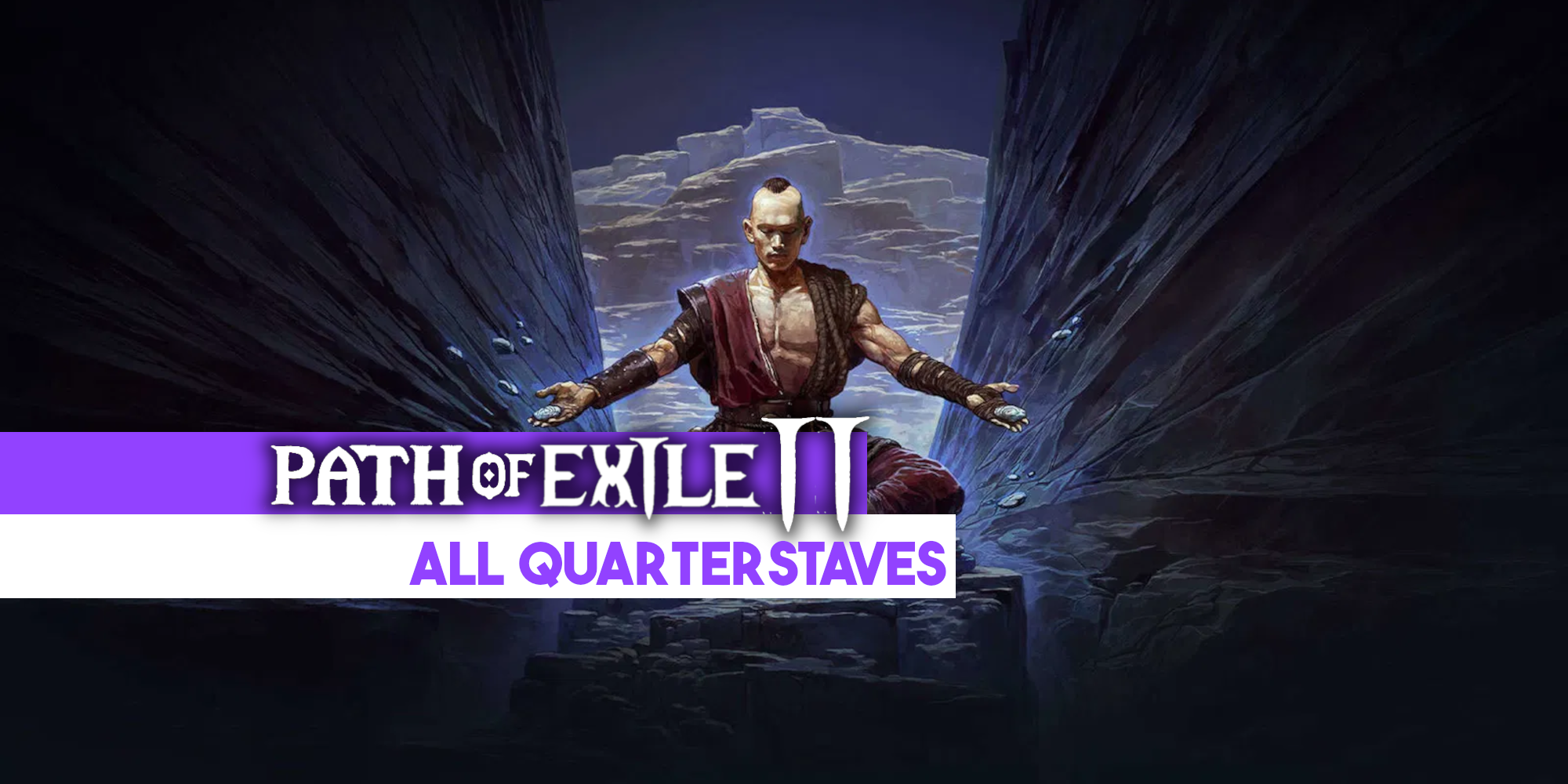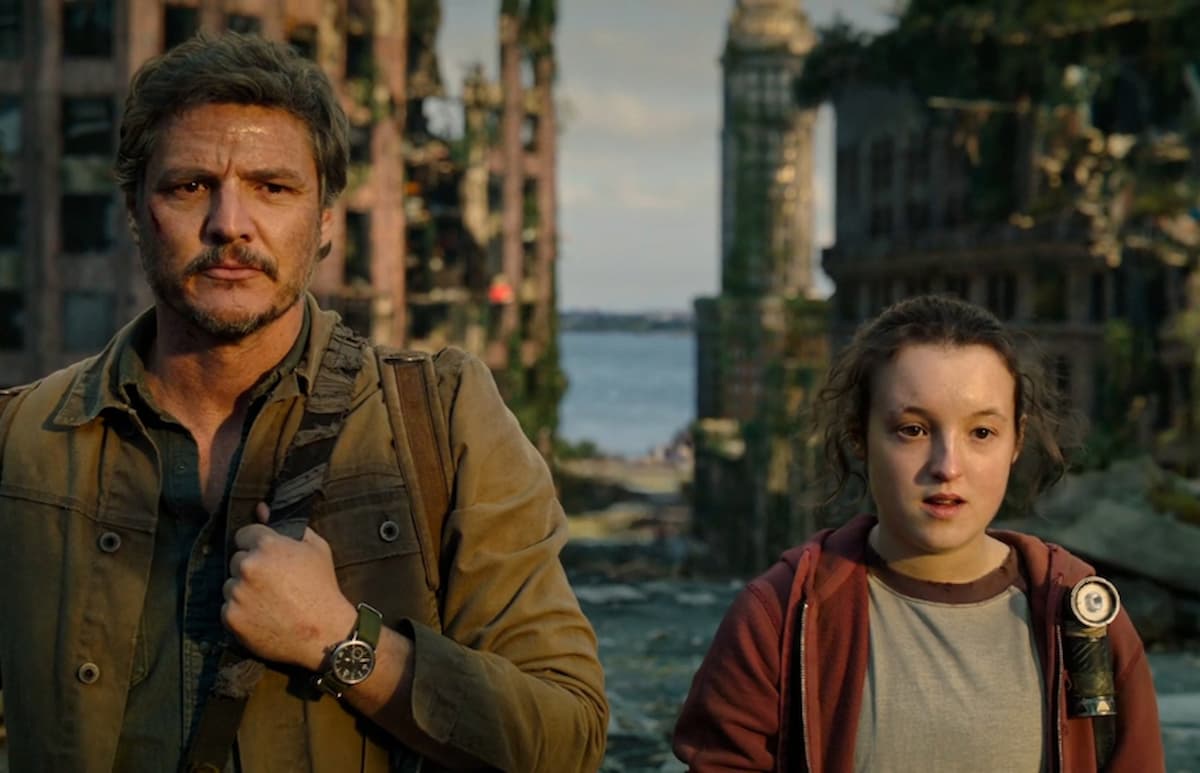A Complete Unknown Review
James Mangold takes a deceptively straightforward approach to Bob Dylan.

A Complete Unknown opens in theaters Wednesday, December 25.
Sure as chorus follows verse, A Complete Unknown keeps to some familiar patterns. It plays Bob Dylan’s controversial transition from acoustic protest singer to electrified rocker with the cadence of a workmanlike music biopic, the highs and lows of its subject’s life and work (and of the genre at large) leading to a climactic performance. And why shouldn’t it: It's directed by dad movie connoisseur James Mangold, the filmmaker who helped set that template (and then inspired its most enduring parody) with his Johnny Cash movie Walk the Line.
There’s a mechanical quality to Mangold's take on Dylan, which often unfolds at a distance. Yet there’s also a subtle risk-taking in its construction. A Complete Unknown is a film that, for better or worse, is surprisingly hands-off during major scenes. In the process, it re-creates the sensation of witnessing unpredictable moments in real life. This approach doesn't always click, and it may not be entirely intentional. However, it ends up unifying all of A Complete Unknown, allowing the film to work despite itself as it follows the evolution of the New York folk scene in the early 1960s.
It helps that the cast is completely dialed-in to their biopic stock types. The film’s detached musings about political change demand human anchors, so their garden-variety characterization feels welcome: Timothée Chalamet's quiet, tortured-genius Dylan, Monica Barbaro's headstrong singer-activist Joan Baez, and Elle Fanning as Dylan’s put-upon partner and the collateral damage to his success, Sylvie Russo (based on the late artist and Freewheelin’ Bob Dylan cover star Suze Rotolo). The secret weapon, however, is a revelatory Edward Norton, who cements his place as a Hollywood elder statesman in the role of Dylan mentor Pete Seeger. He’s the film's beating, bleeding heart, a man who tries desperately to bring Bob back to Earth as his head starts to touch the clouds.
Unfortunately, A Complete Unknown doesn’t offer much hand-holding for those unfamiliar with the creative, political, and interpersonal drama in and around the circles traveled by Dylan, Baez, Seeger, and Rotolo. It keeps such details opaque while casting a sense of grandeur upon its proceedings: The camera always floats toward and alongside Dylan, following him through crowded spaces, and becoming trapped by his allure in private moments. Mangold seems less concerned with the musician’s place in our collective history, and ends up more focused on Dylan the enigmatic individual as seen through the eyes of each supporting character.
This tasks Chalamet with giving a distinctly walled-off performance. While he imitates Dylan’s signature nasal croon to a T, and piques our curiosity in dialogue scenes, he rarely shows us his inner torment. As he hops between Baez’s and Russo's beds and responds to the wars and assassinations occurring in the movie's background, there's little sense of the specific impulses driving him, and what he wants as an artist or a person. This can be frustrating, given that he’s in nearly every scene. But A Complete Unknown works best when Dylan is allowed to remain a mystery.
The problem is that neither Chalamet nor the character give new dimensions to this musician-as-conundrum persona, one aptly embodied by six different actors in 2007’s I’m Not There. A Complete Unknown prefers question marks to exclamation points. It stretches out the broad strokes of the music biopic with what appears to be soulful purpose – usually, in the form of other musicians and record executives reacting to Dylan's output – but it never fills in the stylistic or narrative gaps created by this symbolic approach to the folk icon.
And yet, the moments in which people respond to Dylan's work (positively or otherwise) are the best possible versions of these scenes. Across the movie's 140 minutes, Chalamet's Dylan searches for, well, something. Honesty? Integrity? A coherent worldview? It's hard to say, and it's just as hard to know whether he finds it, or if he views his musical evolution as selling out, or as a defiant leap toward the future. However, there remains a sense that something is changing in the ether, a palpable shift in the lives of everyone who gazes upon him. The night “Dylan goes electric” is treated as more of an apocryphal event than a factual recounting, with a furor and urgency that makes it seem like everyone’s future is at stake – everyone’s except Dylan’s, that is. Perhaps A Complete Unknown doesn't fully articulate its stance because it's too difficult to put into words what the present truly means. However, Mangold captures – often, in intimate ways – the sensation of the Earth shifting beneath one's feet.
What's Your Reaction?













